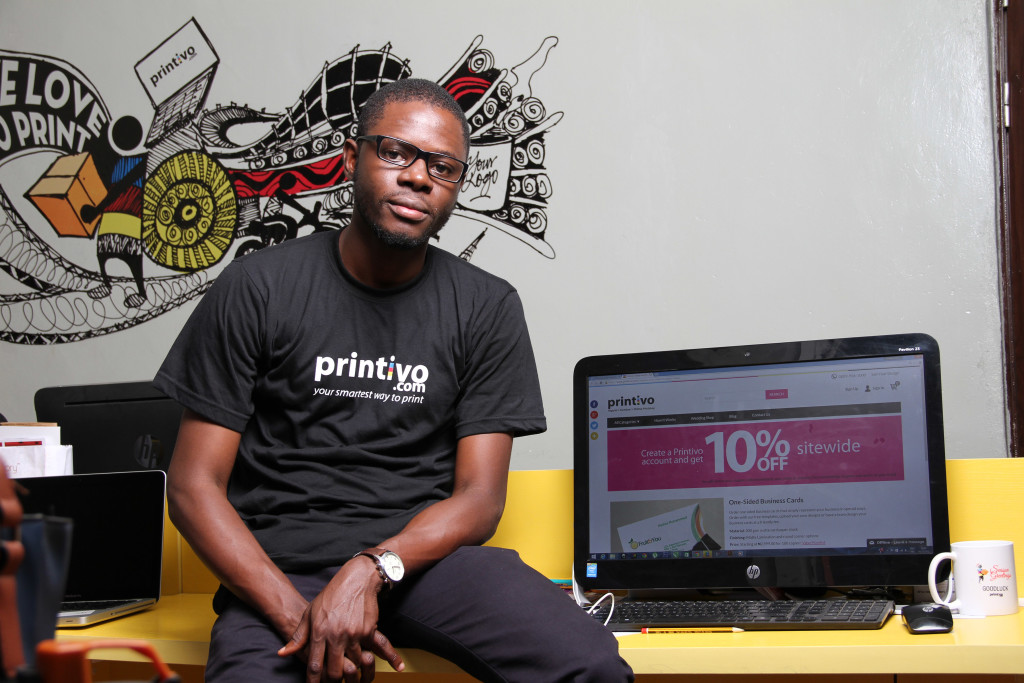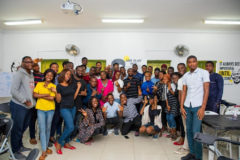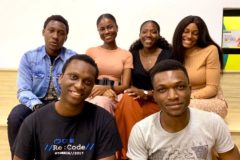I was about six when my mom announced she was going back to school. She was going for an advanced course in clerical sciences so she could use these new fancy machines called Computers. She was a mean secretary, even a meaner typist (at about 70WPM, I think), but that wasn’t a specialized skill any longer. These computers were coming and she would return to school to stay relevant.
All she would learn, of course, were basic word processing and desktop publishing. But she had to go for a full-time “advanced course”. Computers were at the time a shiny new toy that had to be kept in air conditioned rooms and those who would use them needed some arcane induction before doing so.
Fast forward another four years, the computers were even more popular. “Computer Colleges” were popping up all over the country. “Computer Colleges” were infact as popular and omnipresent as legacy schools. Some even had accreditation from the education board. The whole thing grew up to what could well be called a computer education bubble. It continued until around 2006 when people realized no one really needed to attend a “Computer College” before they could use one. Computers had gotten cheaper and people were simply buying them and playing around with it till they figured it out.
A massive amount of computer academies had to go out of business.
As I think about the rage around coding skills we are currently embroiled in, I think of the treachery of technology. On Jason Calanis’ list of the most important skills in the world, coding is the second specialization. Sales, growth, product design, design and corporate storytelling are others on the list.
If I had to rearrange the list based on existing reality, in Nigeria at least, coding will be right at the top of the list. Since startups began to attract foreign investments in Nigeria, more people have taken interest in learning to code. Of course, there is a huge gap in coding jobs and available skills in the world, so that’s only right.
But coding itself is shrinking as a profession. At least, in the sense we currently know it. As coding becomes mainstream, with MOOCs like those available at Udacity, EDx, Codecademy and others like them become more popular, what happened to learning to use the computer and internet is imminent for coding skills.
That’s only one reason. The way we code/build software will itself change, much in the same way the the computer has evolved. Whereas, I can simply push a button on my PC to turn it off in 2015 – even simpler, just close the lid on my PC to do so -, in 2001, I had a page full of instructions on how do so.
This same ease of manipulation is imminent for coding. The inordinate lines of code currently required to build out internet products will be replaced by new stimuli. Glimpses of this are seen in natural language processing projects – like OpenCog and NLTK (Natural Language Tool Kit) – and visual content creation tools – like Scratch, DWNLD and Telerik. Those will continue to improve until even I, a poor art-head could easily think up an idea and create a working app in mere minutes.
It sounds like fiction right now, but building an app will soon become as easy as speaking with J.A.R.V.I.S. At that time, the most important skill won’t be coding, but the ability to think critically through a problem and speak nicely to your PC.
I have come to know for a while that a huge part of coding involves thinking. And I have realized most developers are good thinkers and even better at communicating their thoughts. What has become even clearer now is that the gap between developers/designers and philosophers is shrinking even further.
Photo Credit: I can’t believe it’s Fabio via Compfight cc





















